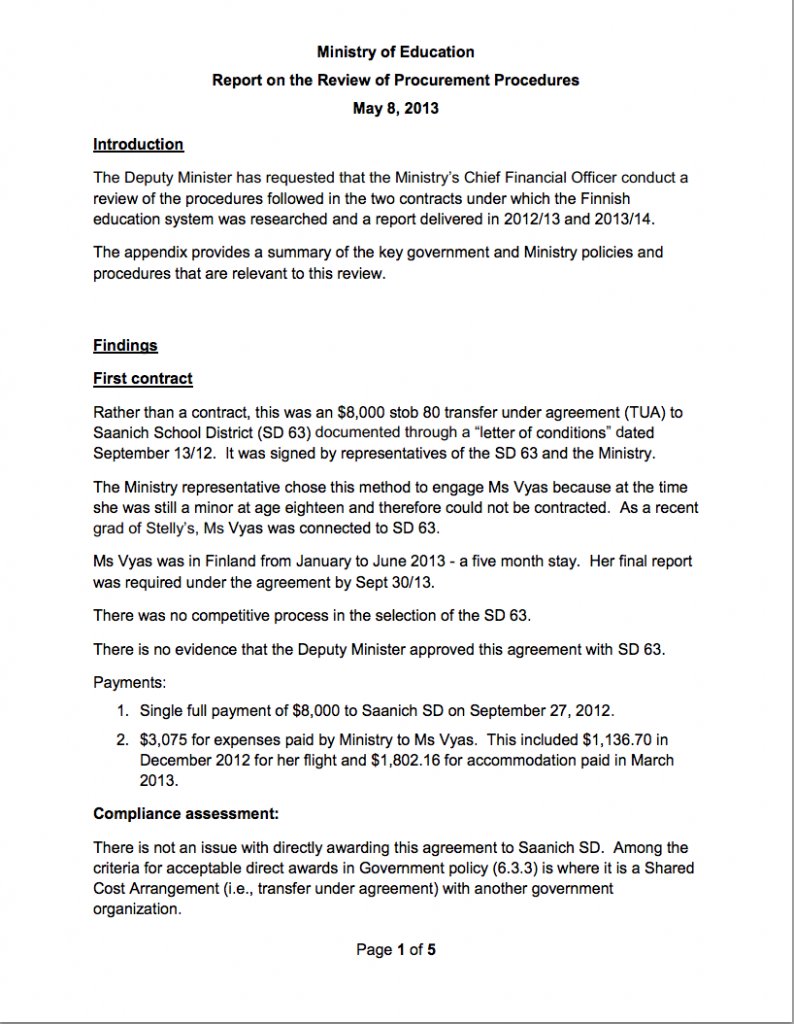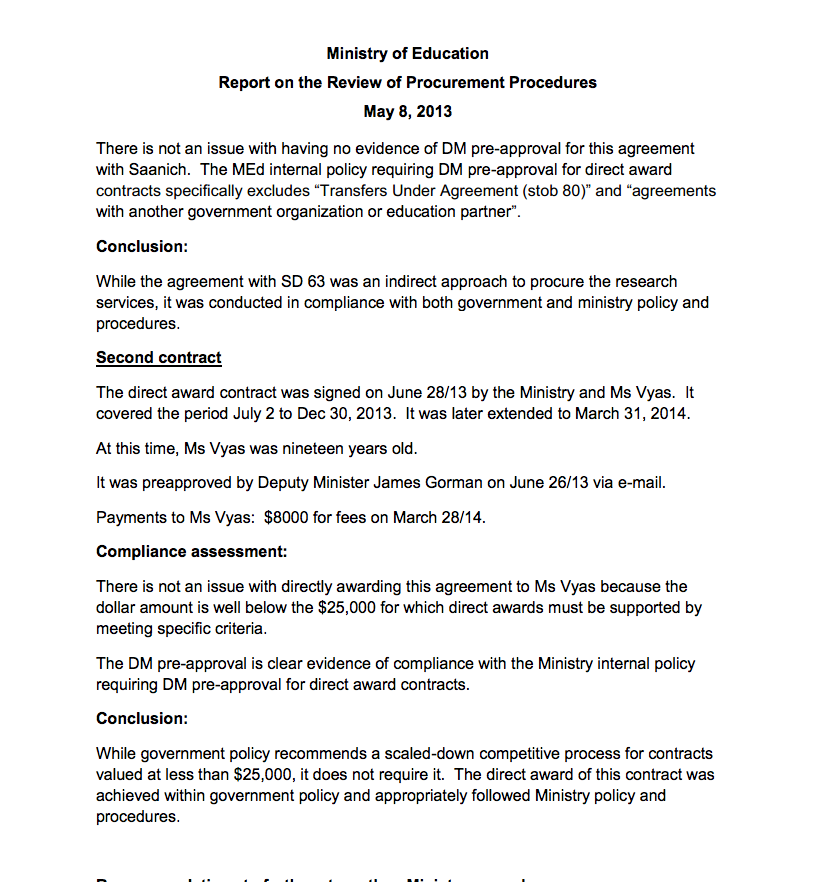Call for Papers
SPECIAL ISSUE OF KNOWLEDGE CULTURES
Learning, Technologies, and Time in the Age of Global Neoliberal Capitalism
The study of time, technology and learning has preoccupied scholars across disciplines for decades. From the psychological impacts of networked gadgets to the nature of perception, attention, communication and social interaction, through the paradigm of 24/7 teacher/student availability, to the acceleration of study programs and research, these themes are dialectically intertwined with human learning in the age of global neoliberal capitalism.
However, the ‘social’ and the ‘technical’ are still frequently discussed as separate spheres in relation to human learning, rather than as mutually shaping of each other within capitalism. Using various critical approaches, this volume invites authors to ask diverse probing questions about the multi-dimensional, individual and social experience of time, by teachers and learners of all kinds, imbued in contemporary neoliberal technoscapes.
This Special Issue of Knowledge Cultures invites authors to explore these questions especially in relation to all kinds of human learning, including, but not limited to, the formal process of schooling. We are particularly interested in situating the relationships between human learning, social acceleration, and digital technologies in the context of global neoliberal capitalism – and in developing viable alternatives / seeds of resistance.
Working at the intersection of technology, psychology, sociology, history, politics, philosophy, arts, science fiction, and other related areas, we welcome contributions from a wide range of disciplines and inter-, trans- and anti-disciplinary research methodologies.
Submissions
All contributions should be original and should not be under consideration elsewhere. Authors should be aware that they are writing for an international audience and should use appropriate language. Manuscripts should not exceed 6000 words. For further information and authors’ guidelines please see
http://www.addletonacademicpublishers.com/images/Instructions_for_authors1.pdf.
All papers will be peer-reviewed, and evaluated according to their significance, originality, content, style, clarity and relevance to the journal.
Please submit your initial abstract (300-400 words) by email to the Guest Editors.
GUEST EDITORS
Sarah Hayes, Centre for Learning, Innovation and Professional Practice, Aston University, UK (s.hayes@aston.ac.uk)
Petar Jandrić, Department of Informatics & Computing, Polytechnic of Zagreb, Croatia (pjandric@tvz.hr)
IMPORTANT DATES
1 May 2015 – Deadline for abstracts to editors
1 June 2015 – Deadline for feedback from reviewers
1 November 2015 – Deadline for submissions/full papers
1 January 2016 – Deadline for feedback from reviewers
1 March 2016 – Final deadline for amended papers
Publication date – late 2016 / early 2017

